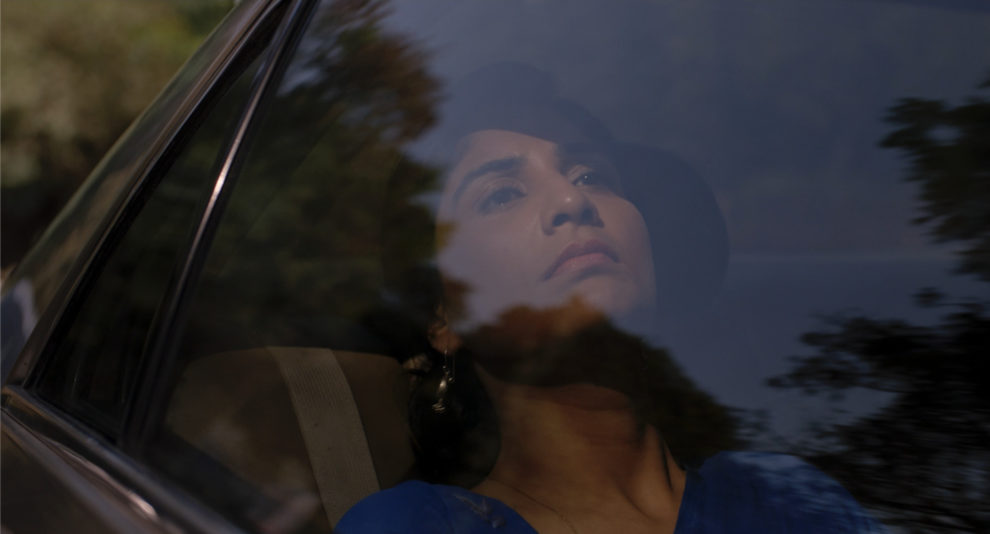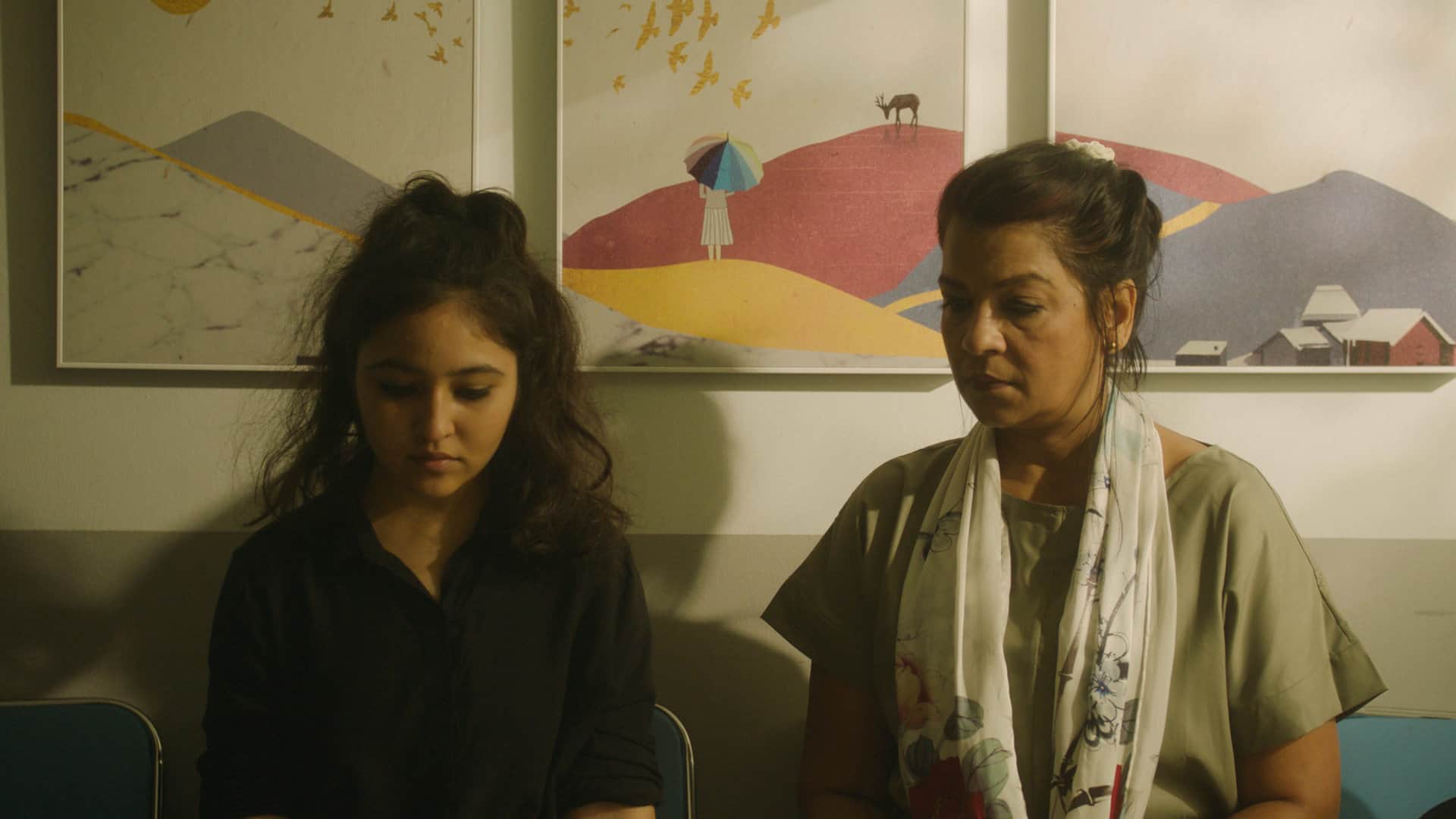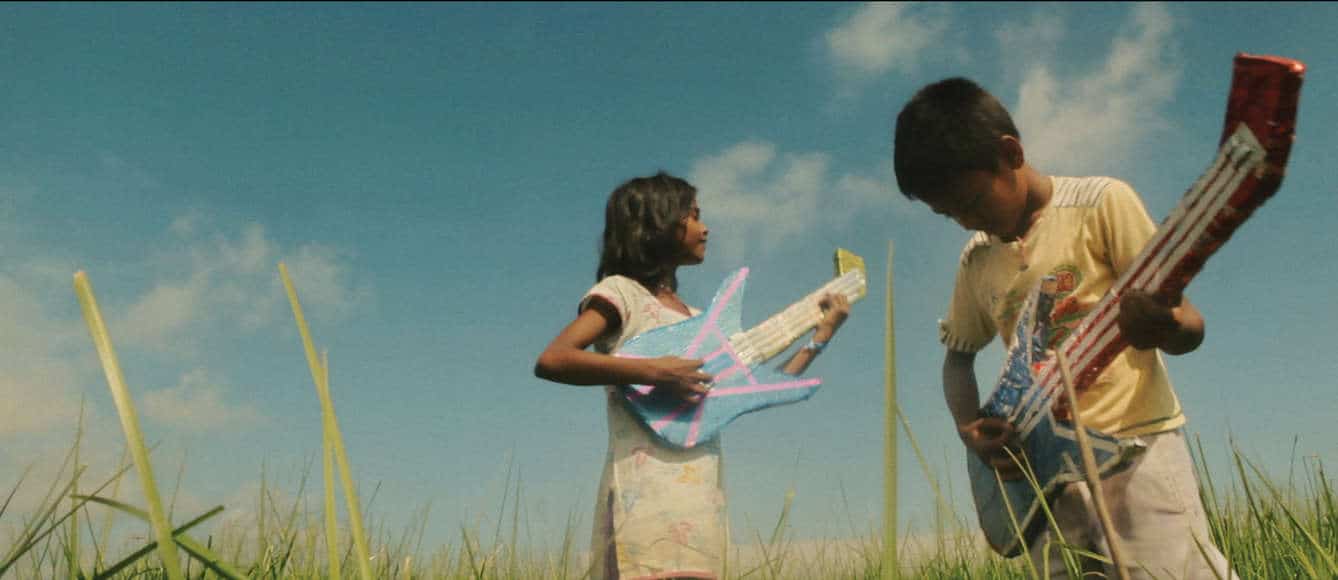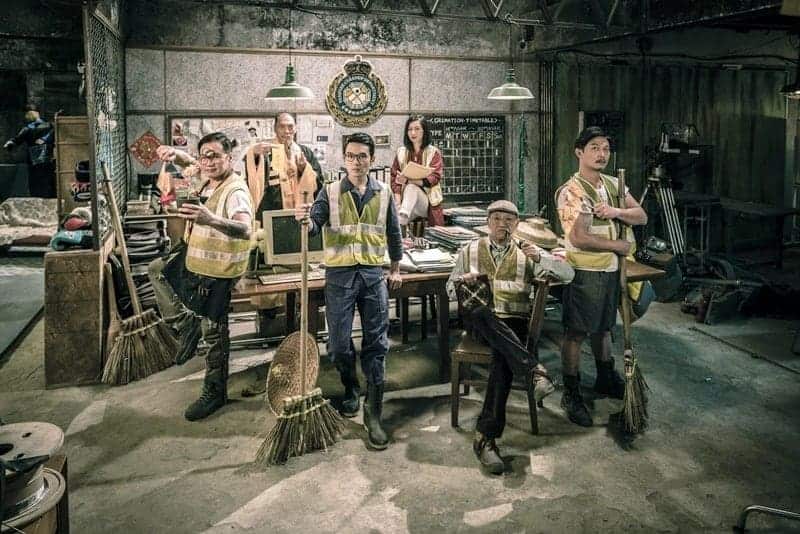Like many Asian countries, India has also been through an increase in social issues as a result of many developments, such as globalization and digitization. While the country has the foundation to be one of the world's leaders in politics and technology, many aspects, for example, the growing gap within society, hold it back and have been the cause of much unrest within its population, a process which has only grown worse in the face of the COVID-19 pandemic. When director and cinematographer Ashish Pant came up with the idea for his first feature film “The Knot”, or “Uljhan”, he was inspired by a personal memory of growing up in Lucknow, a city in northern India and the place where he spent his childhood, which was the starting point for a story exploring the theme of class within Indian society, and how it affects human relationships.
The Knot is screening Indian Film Festival of Los Angeles
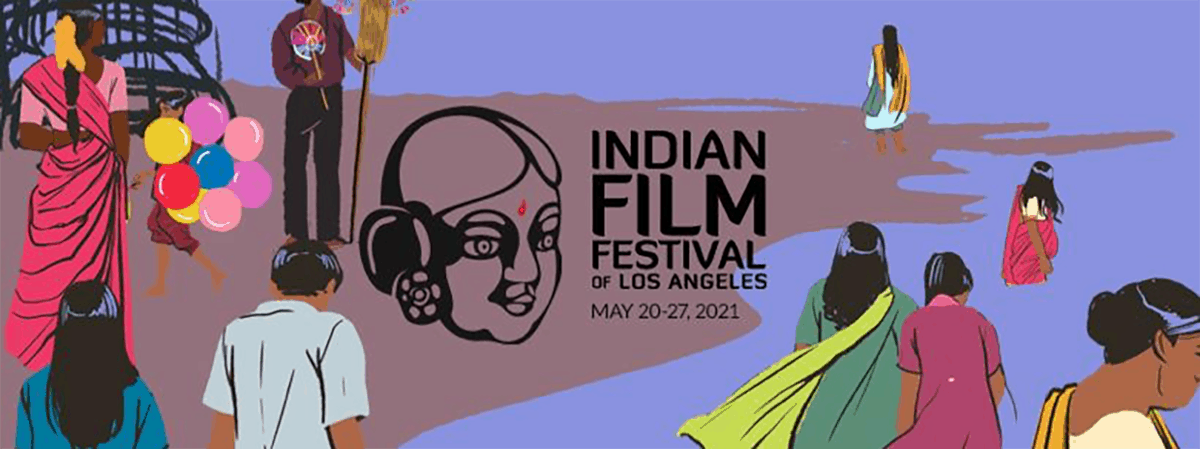
Even though their marriage is fulfilling, and they have a steady income, middle-class couple Shirisih and Geeta Mathur (Vikas Kumar and Saloni Batra) strive for something better. With his company on the verge of securing a lucrative international deal, Shirish sees the opportunity to finally be able to buy a plot for their new house. Still contemplating their life in the new house and as a family, they run over a rickshaw driver with their car one night, after a surprise party for Geeta's birthday and a celebration to them becoming parents. While her husband aims to keep quiet about the whole incident, his wife is unable to forget what has happened, even after a few days have gone by.
One day, Manoj (Nehpal Gautam) visits their home, introducing himself as the brother of the rickshaw driver and telling them about the hard times his family has gone through after the incident. Feeling guilty they first give him money and finally a job as their driver, but something has shifted in Geeta, who is not only unable to forget about the accident, but seeks a different form of redemption. Meanwhile, Shirish's attempt to further the financing of the plot for the new house turns into a deep dive into the corruption of the city's administration.
While the narrative blends drama and thriller, Ashish Pant's script essentially tells a story about two worlds. Although the Mathurs are far from being part of the super-rich, they are no less driven by materialism and upward mobility, combined with the desire to set themselves apart from the inhabitants of the slums. From aspects such as the dialogue and the acting to Pawel Kacprzak's cinematography, “The Knot” frequently highlights what drives people apart, thus showing a world in which everyone knows his/her place. The idea of property and the recurring image of walls further emphasize how both parts of the Indian society in the movie are separated.
However, Pant's feature does not stop by showing these images, it also presents the repercussions of this strict social hierarchy. Interestingly, he does not point the finger at the one of the main characters for what they have done, but rather sees their actions within the context of class expectations, or rather what is perceived as such. As a result, there is a sense of alienation or distancing from those considered disenfranchised, but also a moral conflict since the couple's behavior has caused (and still causes) problems. This is especially interesting in Saloni Batra's performance as a character wanting to bridge the gap between her and Nehpal Gautam's Manoj, for example, only to find out the idea of social separation runs much deeper than she had thought.
In conclusion, “The Knot” is an interesting, and quite suspenseful blend of drama and thriller, discussing the issue of class within Indian society. Although not always very subtle, Ashish Pant's makes a strong point about the idea of social struggles and the resulting separation which creates essentially two “worlds” within the population, followed by the question if this gap can truly be bridged or whether things have gotten out of hand already.


